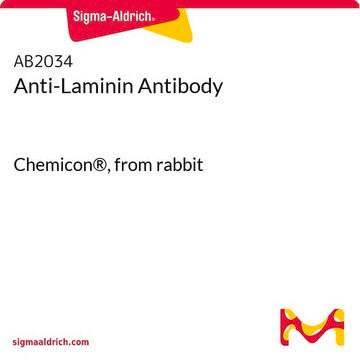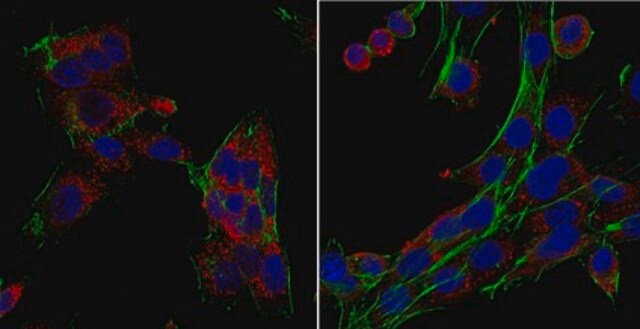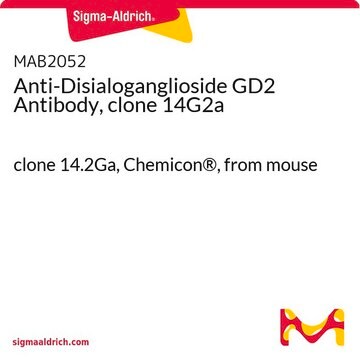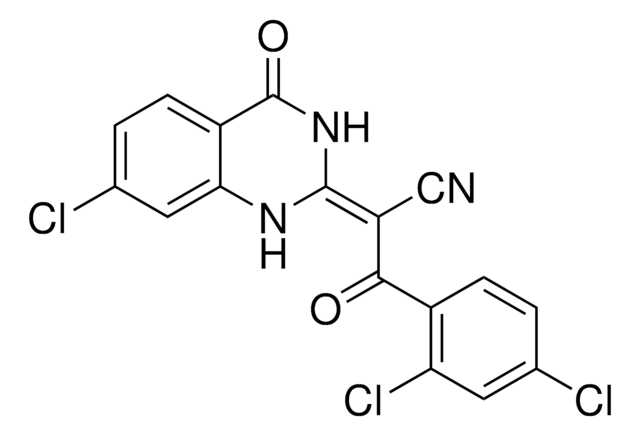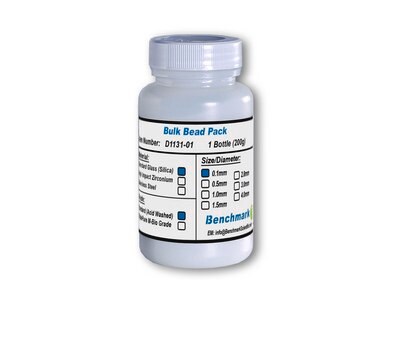ABN1673
Anti-HD-polySer-Ct
serum, from rabbit
Sinonimo/i:
HD-RAN-PolySer, HD-PolySer
About This Item
Prodotti consigliati
Origine biologica
rabbit
Forma dell’anticorpo
serum
Tipo di anticorpo
primary antibodies
Clone
polyclonal
Reattività contro le specie
human, mouse
Confezionamento
antibody small pack of 25 μL
tecniche
immunocytochemistry: suitable
immunohistochemistry: suitable
western blot: suitable
Isotipo
IgG
modifica post-traduzionali bersaglio
unmodified
Descrizione generale
Specificità
Immunogeno
Applicazioni
Neuroscience
Western Blotting Analysis: A representative lot detected HD-polySer-Ct in Western Blotting applications (Banez-Coronel, M., et. al. (2015). Neuron. 88(4):667-77).
Immunocytochemistry Analysis: A representative lot detected HD-polySer-Ct in Immunocytochemistry applications (Banez-Coronel, M., et. al. (2015). Neuron. 88(4):667-77).
Immunohistochemistry Analysis: A representative lot detected HD-polySer-Ct in Immunohistochemistry applications (Banez-Coronel, M., et. al. (2015). Neuron. 88(4):667-77).
Qualità
Western Blotting Analysis (WB): A 1:1,000 dilution of this antibody detected PolySer in HEK293T cells transfected with HD-polySer-Ct.
Descrizione del bersaglio
Stato fisico
Stoccaggio e stabilità
Altre note
Esclusione di responsabilità
Non trovi il prodotto giusto?
Prova il nostro Motore di ricerca dei prodotti.
Codice della classe di stoccaggio
12 - Non Combustible Liquids
Classe di pericolosità dell'acqua (WGK)
WGK 1
Punto d’infiammabilità (°F)
Not applicable
Punto d’infiammabilità (°C)
Not applicable
Certificati d'analisi (COA)
Cerca il Certificati d'analisi (COA) digitando il numero di lotto/batch corrispondente. I numeri di lotto o di batch sono stampati sull'etichetta dei prodotti dopo la parola ‘Lotto’ o ‘Batch’.
Possiedi già questo prodotto?
I documenti relativi ai prodotti acquistati recentemente sono disponibili nell’Archivio dei documenti.
Il team dei nostri ricercatori vanta grande esperienza in tutte le aree della ricerca quali Life Science, scienza dei materiali, sintesi chimica, cromatografia, discipline analitiche, ecc..
Contatta l'Assistenza Tecnica.
